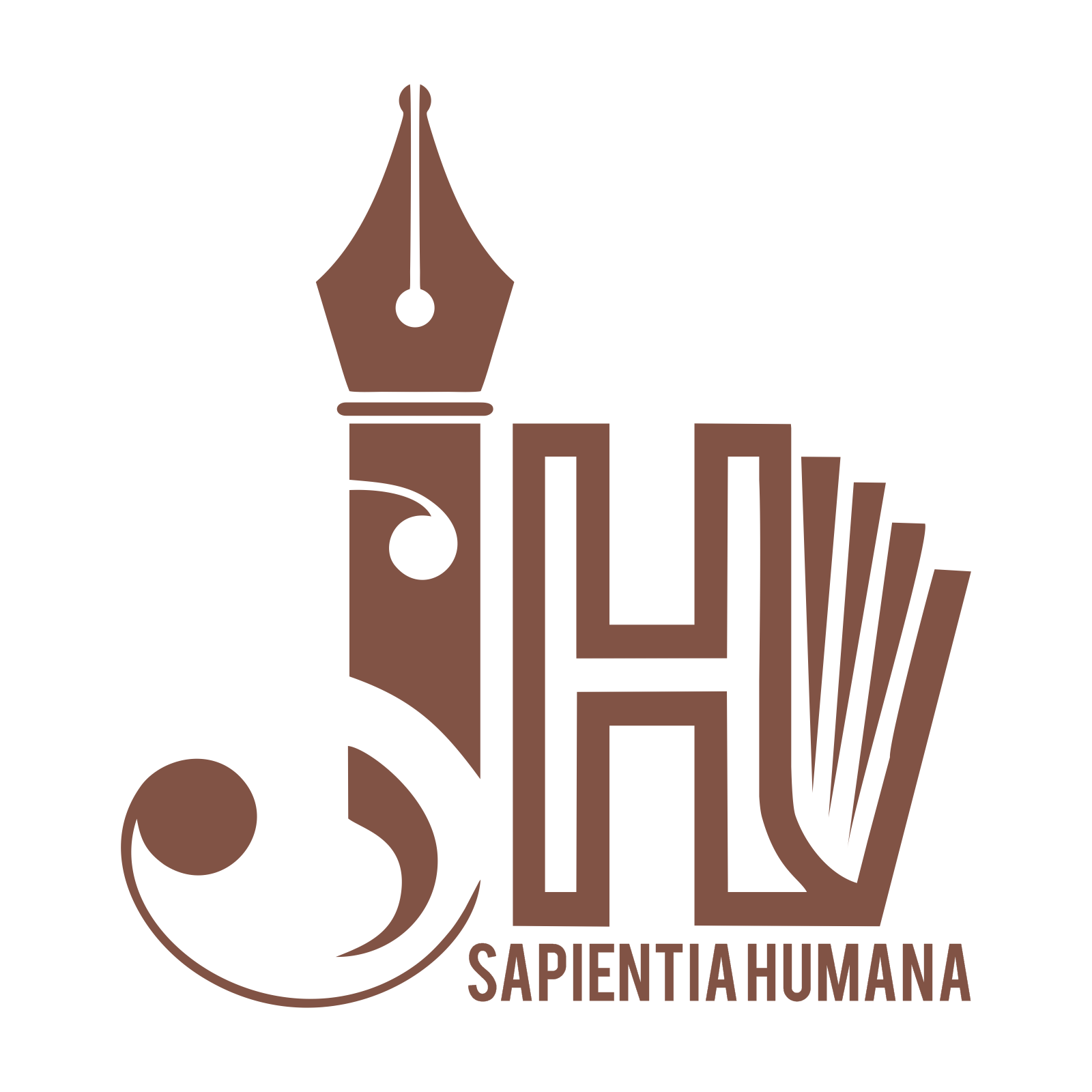Portrayals Of The Dutch Colonial Tea Plantation In Hella Haasse’s "The Tea Lords" (1992)
DOI:
https://doi.org/10.26593/jsh.v4i01.7708Keywords:
dutch colonization, new historicism, east indies, java tea plantation, novelAbstract
This research entitled "Portrayals of The Dutch Colonial Tea Plantation in Hella Haasse’s The Tea Lords (1992)," examines how the Dutch colonial tea plantation in Java is depicted in the novel. Set during Dutch colonization in the 19th century in the East Indies, the study uses the new historicism theoretical framework to analyze various portrayals of the plantation and their impact on East Indies society, culture, and economics. Employing qualitative methods, the researcher explores the historical context presented in the novel and history books to uncover the link between literary and non-literary texts. Findings reveal that the plantation significantly influenced East Indies society, culture, and economics, with the setting playing a central role in the narrative, providing readers with a deeper understanding of colonialism's impact. The research exposes economic disparities, highlighting exploitation and hierarchy in social and labor dynamics. Analysis of the Kerkhoven family sheds light on their challenges and moral dilemmas. Identity negotiation amid colonialism is explored, with the author's Dutch background influencing the novel's narration and conveying views on historical events. The study concludes that literature like The Tea Lords can challenge established historical narratives and is intertwined with broader cultural discourse.
References
Abrams, M. H., & Harpham, G. G. (2009). A glossary of literary terms (9. ed., internat. student ed). Wadsworth Cengage Learning.
Barry, P. (2002). Beginning theory: An introduction to literary and cultural theory (3. ed. [Nachdr.]). Manchester Univ. Press.
Denzin, N. K., & Lincoln, Y. S. (Eds.). (2005). The Sage handbook of qualitative research, 3rd ed (pp. xix, 1210). Sage Publications Ltd.
Dreyfus, H. L. (1983). Michel Foucault, beyond structuralism and hermeneutics (2nd ed). University of Chicago Press.
Furnivall, J. S. (2010). Netherlands India: A study of plural economy. London: Cambridge
Greenblatt, S., & Payne, M. (2005). The Greenblatt reader. Blackwell Pub.
Haasse, H. S., & Rilke, I. (2011). The Tea Lords. Granta Publications.
Klarer, M. (2004). An Introduction to Literary Studies, Second edition.
Koentjaraningrat. (1984). Kebudayaan Jawa. Jakarta : PN Balai Pustaka.
Kartodirdjo, S. (2014). Pengantar Sejarah Indonesia Baru: 1500-1900. Dari Emporium Sampai Imperium. Yogyakarta: Pernerbit Ombak.
Myers-Shaffer, C. (2000). The Principle of Literature: A Guide for Readers and Writers. New York: Barron's Educational Series, Inc.
Maier, H. M. J. (2004). Escape from the Green and Gloss of Java: Hella S. Haasse and Indies Literature. Indonesia, 77, 79–107.
Soekiman, D. (2014) Kebudayaan Indis; dari Zaman Kompeni Sampai Revolusi. Depok: Komunitas Bambu.
Suganda, H. (2014). Kisah Para Preanger Planters. Penerbit Buku Kompas.
Walliman, N. (2011). Research methods: The basics. Routledge.
Wilde, A.D. & Harya K.P. (2023). Priangan (Diterjemahkan dari De Preanger Regentschappen Op Java Gelegen. 1830). Bandung: Pustaka Jaya.
Wiryawan, M.R. (2022). Pesona Sejarah Bandung Buku 2: Perkebunan Di Priangan. Garut: Penerbit Layung
Downloads
Published
How to Cite
Issue
Section
License
Copyright (c) 2024 Devi Rosliana Firdaus, Ririn Kurnia Trisnawati, Lynda Susana Widya A.F

This work is licensed under a Creative Commons Attribution 4.0 International License.











